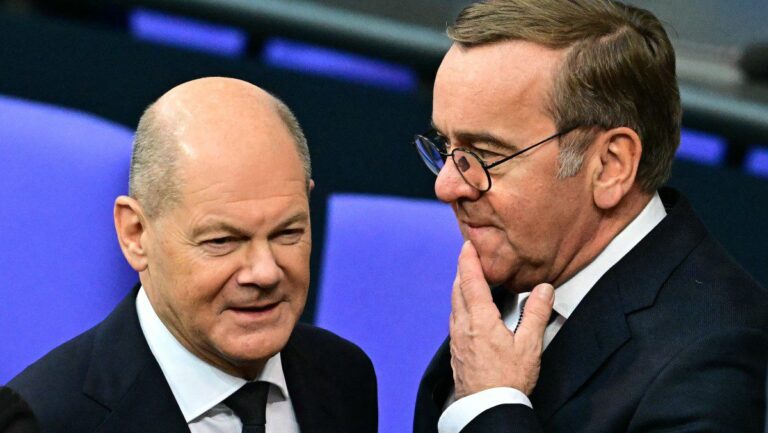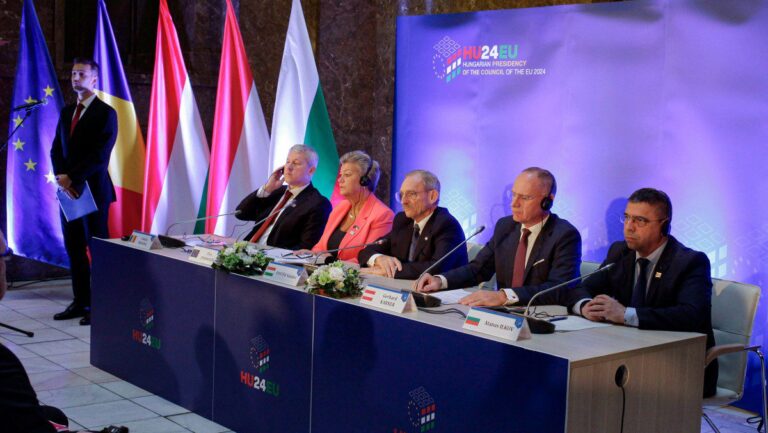Hungary held its election on Sunday. Some hours after 19:00 when the polls closed, a crushing victory for Fidesz became visible in the results. The sweep marks the fourth time the Fidesz party will hold a two-thirds supermajority.
In Hungary, the National Assembly includes 199 seats: 93 party-list seats, and 106 constituency seats. With 99%of the votes counted, Fidesz got 53% of the votes for the party lists, while the united opposition, the joint list of the six biggest oppositional parties, only reached 35%. In the constituencies, Fidesz’ triumph is even more significant: Orbán’s party won 88 constituencies, while the united opposition won only 18—16 in Budapest, and 2 in the countryside.
Surprisingly, the new radical right-wing party Mi Hazánk (Our Country), founded by politicians who left the Jobbik party after it sided with the Hungarian leftist-liberal parties, got into parliament with 6% of the votes.
The joint opposition’s candidate for prime minister, Péter Márki-Zay, lost the election. He was defeated in his constituency too, against Fidesz strongman János Lázár.
Péter Márki-Zay conceded defeat on Sunday: “We don’t debate the victory of Fidesz, but we debate that this election was democratic and even.” He added: “We will stay in this country, stand up for each other, hold hands and won’t let each other go. Hard times are coming, regardless of the election results. We know that they will blame us, we will be the scapegoats, so it’s more important than ever to hold each other’s hand and not let go.”
“We will remember this victory until the end of our lives because we had to fight against a huge number of opponents,” Viktor Orbán said in his speech on Sunday night. “We have had a victory so great it can be seen from the moon; no doubt it can be seen from Brussels,” he added.
“The whole world could see this evening in Budapest that the Christian Democrat politics, the conservative politics, and the nationalistic politics won,” Orban said on Sunday night. “Our message to Europe is that we are not its past, but its future. This will be our common European future,” the prime minister said.
After his premiership between 1998 and 2002, and his electoral victories since 2010, Viktor Orbán will begin his fifth term as Hungary’s prime minister. He is the longest serving prime minister in the history of Hungary, and currently the longest serving country leader in the EU, after Angela Merkel stepped down.





